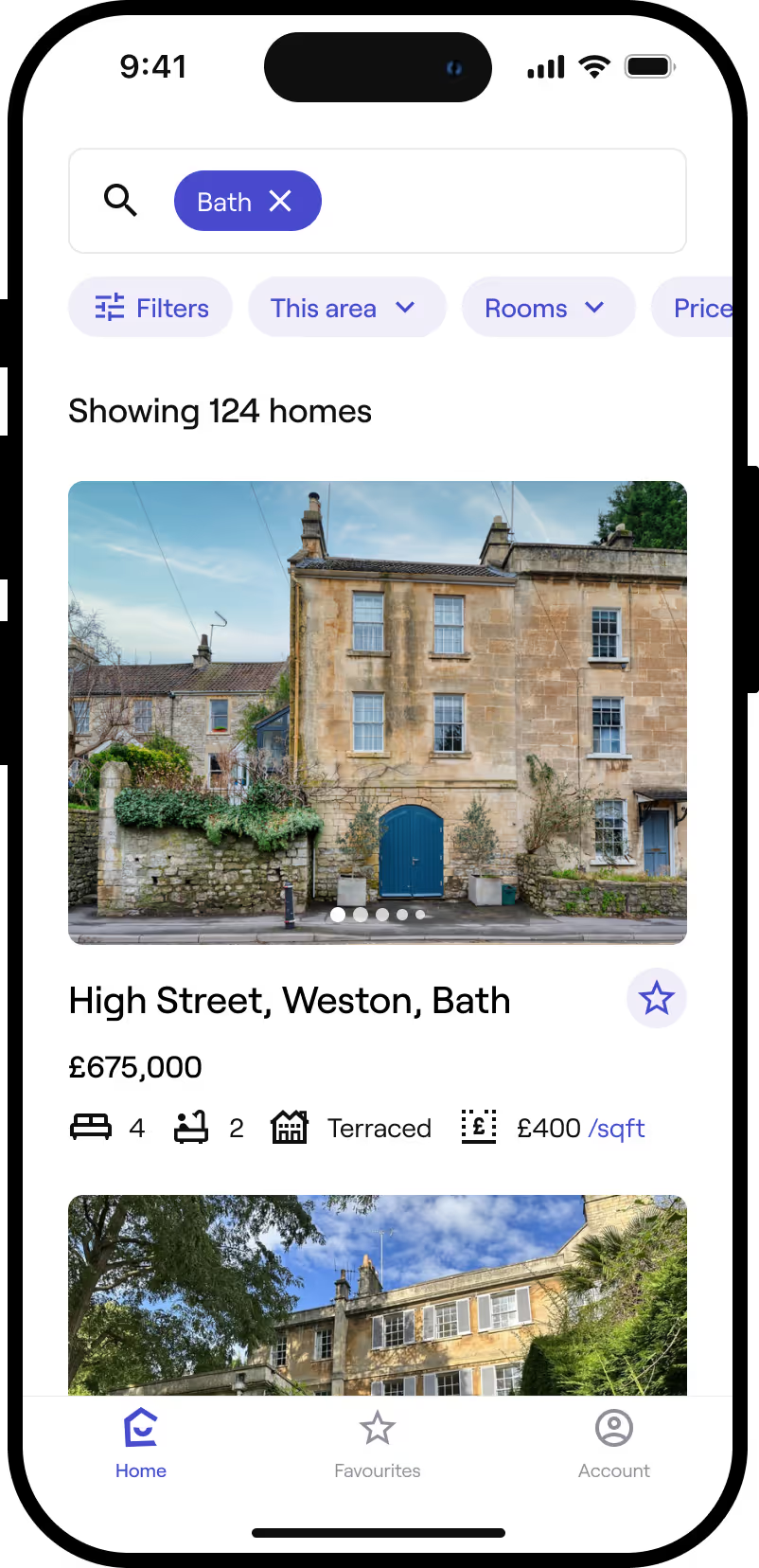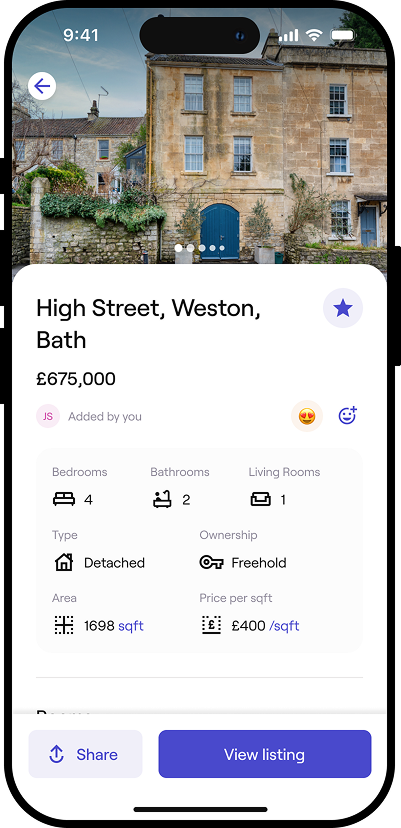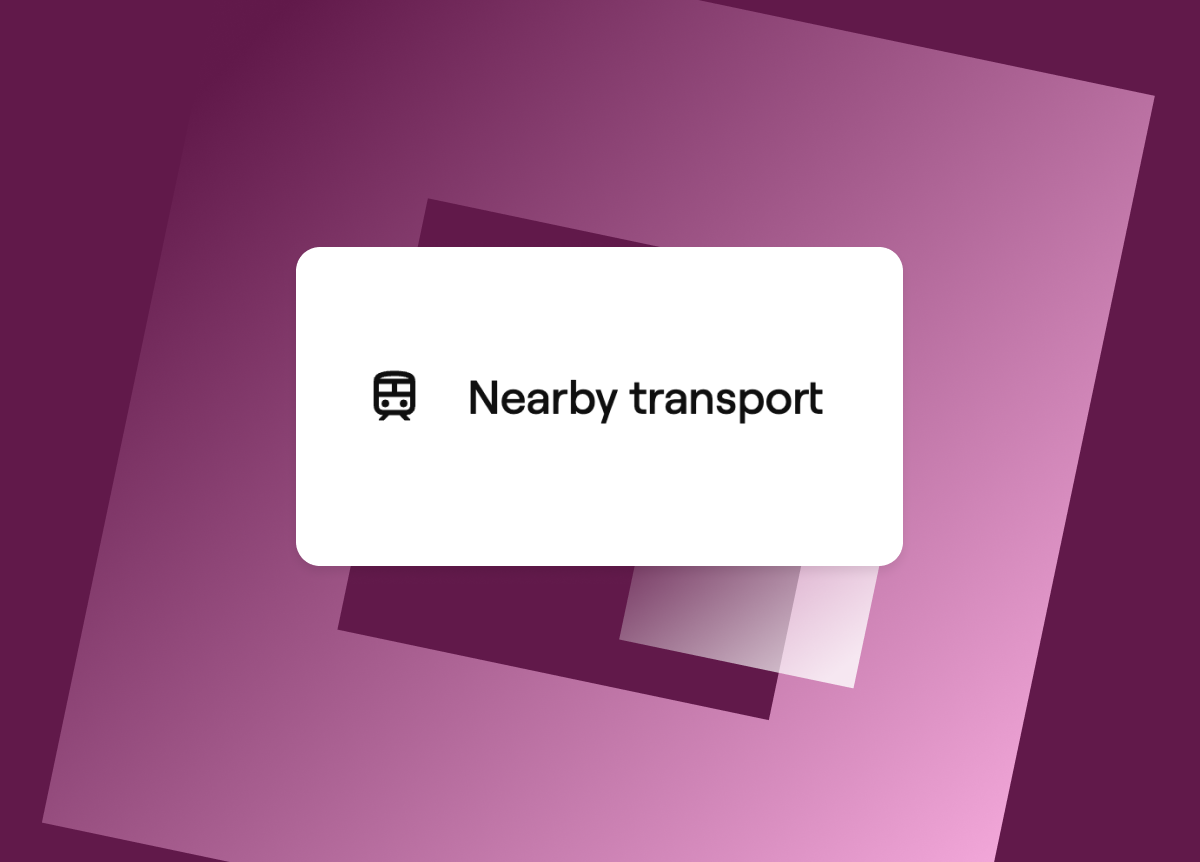Leasehold vs. Freehold: Why it’s not as obvious as you think
Liv Jacobson is Jitty's resident real estate expert. She was formerly the Head of Sales at The Modern House, one of the UK’s most respected estate agencies, and has a deep understanding of the property market from every angle. Having personally handled the sale of hundreds of homes across London - from first-time buyer flats to complex, architectural one-offs -Liv knows what really happens behind the scenes, how agents think and what buyers often get wrong (or right).

Most buyers are told to run from a leasehold and sprint towards a freehold. It’s the first “rule” of property you learn.
It’s also wrong.
The truth is, both setups can work or be a complete nightmare. Here’s how to figure out which is which before you get financially committed.
The Three Flavours of UK Property Ownership
First, let's get the definitions straight. In the UK, there are three main ways you can own a property
- Freehold: You own the entire property outright, including the land. This is the norm for standalone houses.
- Share of Freehold: You still own your flat as a leasehold, but you jointly own the freehold for the building with your neighbours.
- Leasehold: You own the property for a set number of years, but not the land it’s on. Most flats in the UK fall into this category.
The Flipside of Freehold: You're on the Hook for Literally Everything
Owning the freehold means you have total control. Amazing! You’re officially an adult now.
But it also means you're financially responsible for every single thing that goes wrong. That leaking roof? That’s your problem. The ancient boiler that’s about to die? Also you. The mysterious crack in the back wall that might be subsidence? You get the idea.
While a good survey should flag these big-ticket items, it doesn’t catch everything. And for a couple juggling two careers, becoming the project manager - and the funder - for a surprise £20,000 roof repair is a second job no one has time for.
The Catch with Share of Freehold: People Are Insane
Share of Freehold sounds like the perfect compromise. You get control, but you share the costs and the admin. What could possibly go wrong?
Well, everything that goes wrong when you try to get a group of people to agree on something even minimally expensive.
If you’ve ever tried to get six friends to split a dinner bill, you have a pretty good idea of how soul-destroying this can be. Now, instead of a bill for £200 and arguments over who did and didn’t have any bread, imagine it’s a £20,000 quote for a new roof. One difficult neighbour can delay essential repairs for months. Decision deadlocks are common and expensive.
Sure, with great neighbours, it can work smoothly. But if you don't enjoy the thought of project-managing people you barely know and don’t like (just another day at the office then), this setup can be a complete nightmare.
The Case for Leasehold: Somebody Does it for You
Leaseholds get a bad reputation. And yes, the whole UK leasehold system is insane. But a well-run leasehold is often a smoother ride than a badly-run Share of Freehold.
The responsibilities are clear: you pay your service charge and a professional managing agent handles the rest. It’s a structured, reliable and hands-off arrangement. At its best, it’s like renting with a responsive and fair landlord.
The catch, of course, is the managing agent. A good one makes life simple; a bad one can be a nightmare of surprise fees and unreturned calls. That’s why you have to do your due diligence: read the service charge history, check for online reviews of the agent and if you can, talk to someone who already lives in the building.
So, Which is Best? (Trick Question)
Anyone who tells you that one of these options is always "better" than the others is wrong.
The truth is, any of these setups can be a dream or a nightmare. A well-run leasehold with a great managing agent is a hundred times better than a share of freehold with a difficult neighbour who refuses to fix a leak. A freehold house is great, until you get a surprise £20,000 bill for that same roof.
Stop asking which is better.
The truth is, a well-run leasehold will always beat a badly-run freehold. And vice versa. Your only job is to do the due diligence and find out which one you’re actually looking at.
Questions You Might Have
Head down a different street...
Download the Jitty app now
Experience homebuying as it was meant to be.







